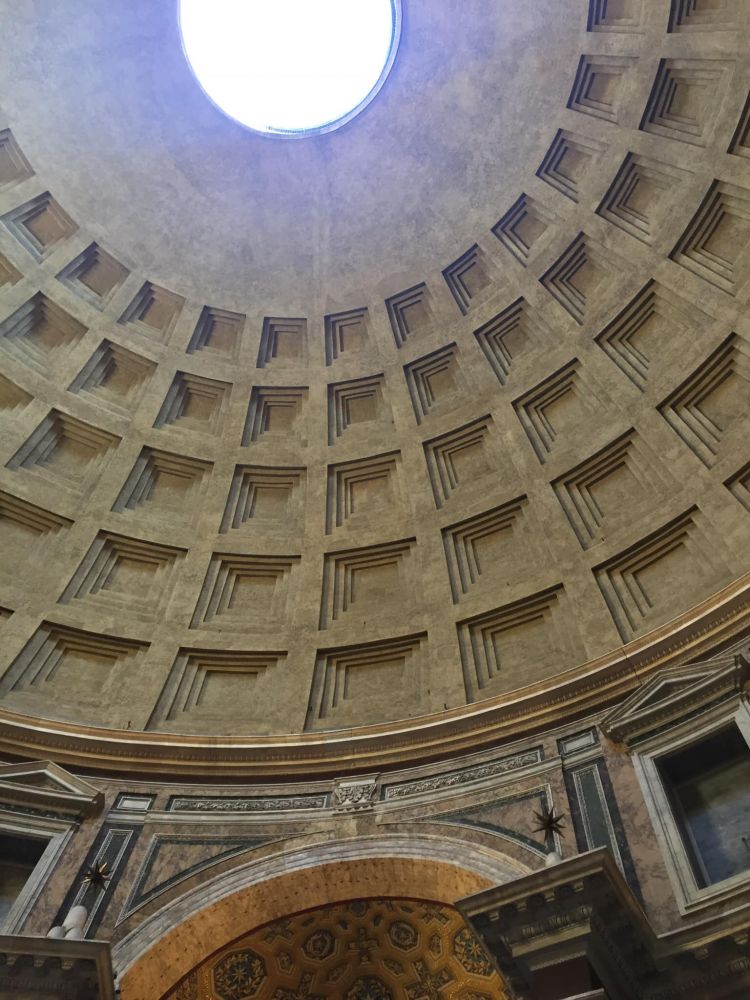2011 (1)
2016 (1035)
2017 (752)
2018 (978)
2019 (385)
2020 (175)
2021 (235)
2022 (101)
2023 (983)
2024 (800)

【E外桃源】My 初心 Original intention was to study in Europe, so I've been trained in the National Center of French Language for a year and I passed all the required course exames implemented by Francais Universite a Paris. Somehow, fate came kicking-in with twists and turns, but my dream came alive this morning as my friend sent me sparks below, it sparked joy so much that I wrote this down to seize the moment of joy.

If you're awed by democracy, you ought to be surprised limited amount of democracy existed back then: "In Roman society, the aristocrats were known as patricians. The highest positions in the government were held by two consuls, or leaders, who ruled the Roman Republic. A senate composed of patricians elected these consuls. At this time, lower-class citizens, or plebeians, had virtually no say in the government."
"Put simply, the vast majority of the Roman population had limited ability to exercise the powers afforded to them by the constitution. They had little to no influence on legislation and could only select leaders from a very small aristocratic caste. ... The Roman Republic was never intended to be a democracy."
As such, I could not help but ask these 2 questions:
"The Roman Republic was founded in 509 B.C.E. after the last Etruscan king that ruled Rome was overthrown. Rome's next government served as a representative democracy in the form of a republic. Initially, Rome's wealthiest families, the patricians, held power and only they could hold political or religious offices."
"Roman society was extremely patriarchal and hierarchical. The adult male head of a household had special legal powers and privileges that gave him jurisdiction over all the members of his family. The status of freeborn Romans was established by their ancestry, census ranking, and citizenship."
"Romans are also responsible for creating a legal code written down which protected the rights of all citizens. This document was influential in the creation of the Bill of Rights in the Constitution. The Roman Republic consisted of major political bodies including the Consuls, the Senate, and the Assemblies."
"The three main parts of the government were the Senate, the Consuls and the Assemblies. The Senate was composed of leaders from the patricians, the noble and wealthy families of ancient Rome. They were the law makers. They controlled spending."
"The aristocracy (wealthy class) dominated the early Roman Republic. In Roman society, the aristocrats were known as patricians. The highest positions in the government were held by two consuls, or leaders, who ruled the Roman Republic. A senate composed of patricians elected these consuls."
I was not surprised to read this "Freeborn women in ancient Rome were citizens (cives), but could not vote or hold political office. Because of their limited public role, women are named less frequently than men by Roman historians. ... The one major public role reserved solely for women was in the sphere of religion: the priestly office of the Vestals."
"
If you wanted to learn about the first Romain emperor, you can view
Rome
|







